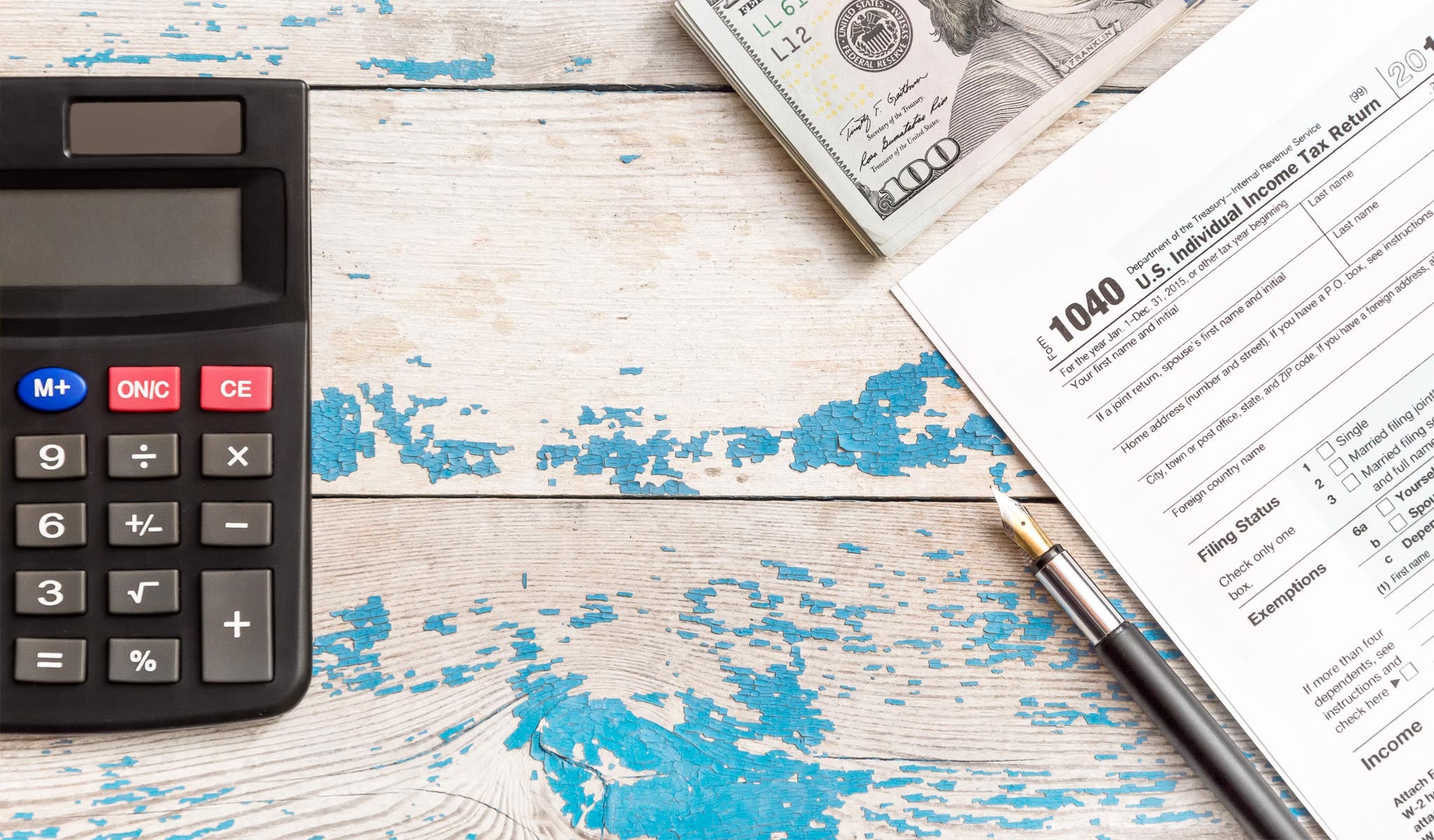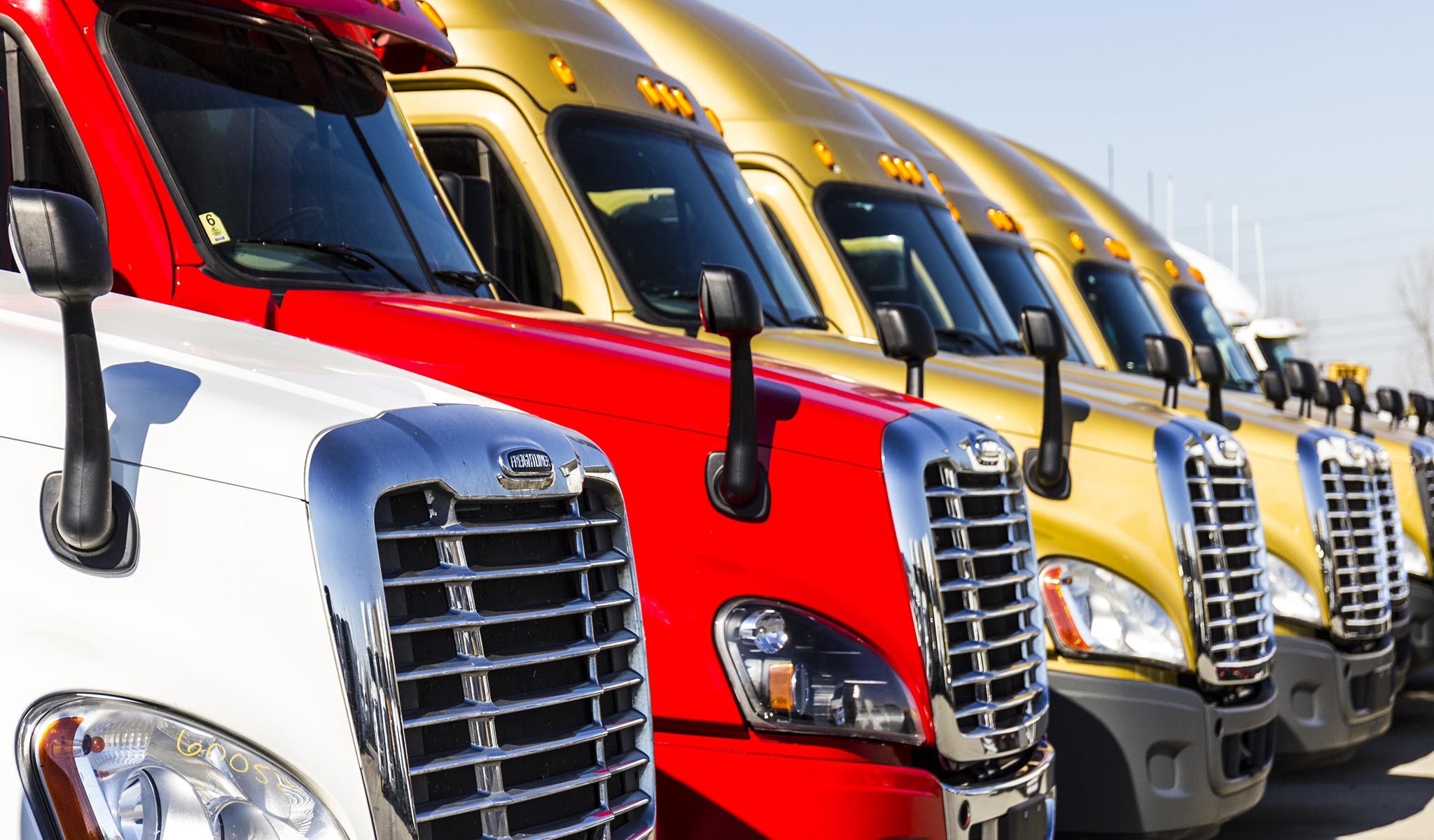There is a ton of venture capital money flooding into the transportation market. I'm following several of the companies that seem to be leading the charge. It's too early to tell whether this is good for owner operators and small carriers or not. It's either a good way to address some of the issues owner operators have faced, or it's a race to the bottom with rates. Some of the issues these companies are addressing are:
The labor cost in the brokerage model. Moving each load is labor intensive and time consuming, multiple calls, negotiating, paperwork, checking records and insurance etc. The model of some of these companies is to automate that entire process. I've talked with management at several of these companies and their goal is to get the broker's margin in a load down to the 3-4% range, instead of the more common 14-15% mark. They also want to fix some of the problems on the carrier/owner operator side as well.. Things like, Detention pay, one of the companies I spoke with, is using Geo-Fencing Technology, when you enter the pickup or delivery destination, the app triggers an alert at the brokerage, then at set time intervals alerts the broker that the truck is still at the dock, the broker makes a call to the shipper/consignee to see what can be done. The app also creates the documentation to charge the detention time.
Many of the companies are offering quick pay options at low or no cost. One of the companies I spoke with will deliver load options to your device with a rate and you can accept the rate or offer a bid on the load. I've heard forever that the brokers take too much out of the load, if that's the case then it would seem like this should be a welcome technology. Here's the question. If the apps are successful, will the additional 10% of the rate saved go to the shipper, or the carrier? Will the bid option just create a new race to the bottom on rates the way services like Uship have? There is so much more to discuss, I'm sure we will see even more companies jump into this space, the load boards and all of the large brokerages will be releasing their version of this technology as well. Here are some of the companies I've been watching and what they are trying to accomplish.
-
Convoy, based in Seattle, is announcing that financing. Specifically, YC has led a $62 million investment in the company, with participation from Cascade Investments (Bill Gates’s private vehicle), Mosaic Ventures, and Barry Diller, along with earlier backers Reid Hoffman; Simon Rothman of Greylock Partners; Salesforce CEO Marc Benioff; Bezos Expeditions; investor-twins Hadi and Ali Partovi; former Starbucks president Howard Behar; and others.
The company has now raised $80 million altogether. Convoy is a freight broker with their own proprietary app and technology.
-
Trucker Path, has raised 30 million dollars to use for load factoring for its users. They started as an app for navigation, finding services parking etc., it is evolving into a mobile load board.
-
Transfix, The company, which now employs 110 people, just closed on $42 million in Series C funding led by previous backer New Enterprise Associates, with participation from unnamed strategic investors with “strong ties to the retail and logistics world,” says the company.
Altogether, it has now raised $78.5 million, including from earlier backers Canvas Ventures, Lerer Hippeau Ventures and Bowery Capital.
And of course, the tech giant Uber is the big name in this space, however I believe they have a huge conflict of interest. While they are using owner operators to build their customer and freight base, they are investing heavily into autonomous technology, with good reason. I haven't been able to find any numbers on the trucking side yet, but look at these forecasts for the auto side: Research from asset management firm ARK Invest released earlier this year forecasted that Uber rides in autonomous cars would cost passengers 25 cents per mile. Right now the cost of an UberX taxi ride is about $2.15 per mile, according to ARK. Barclays projected that each autonomous taxi car would replace nine privately owned automobiles on the road right now.
Just imagine what the numbers will look like on the trucking side.
I would love ti get some feedback from you. Have you worked with any of these companies or any other new freight technology or apps and what has your experience been, good, bad or ugly, leave comments below or join the discussion on FB.
Do you think this is good or bad for the owner operator small carrier market and why?



